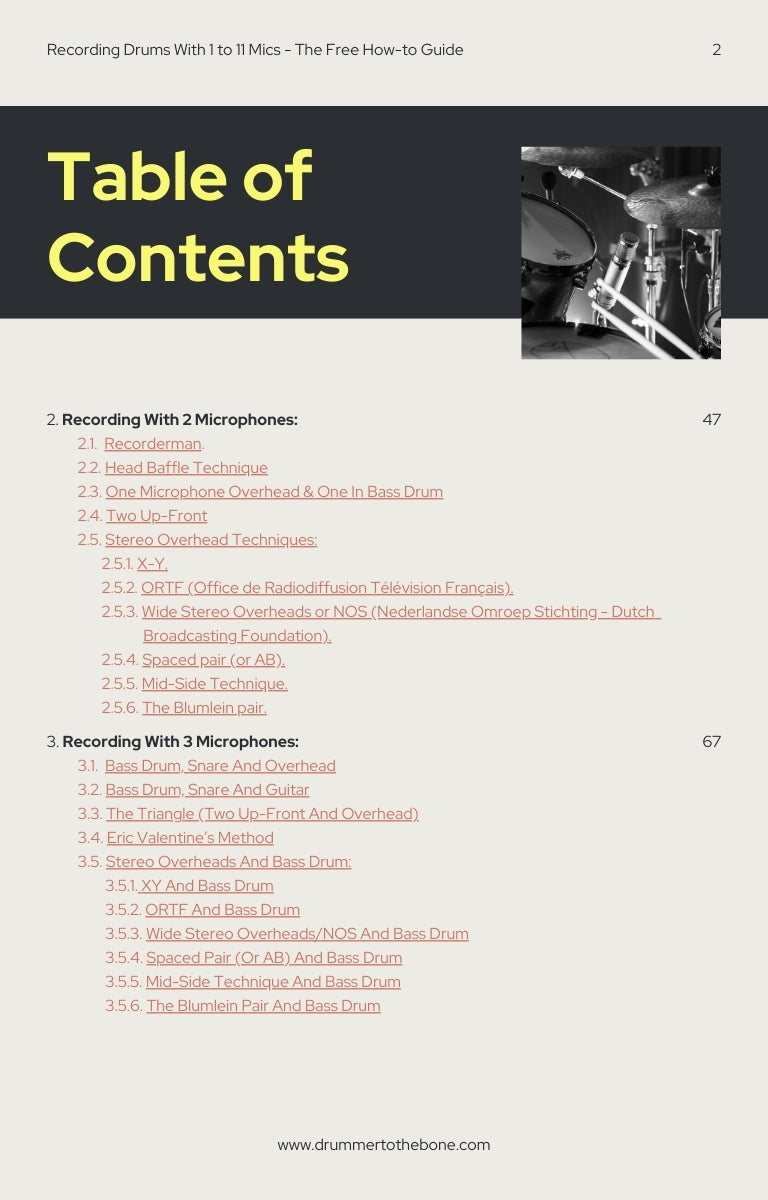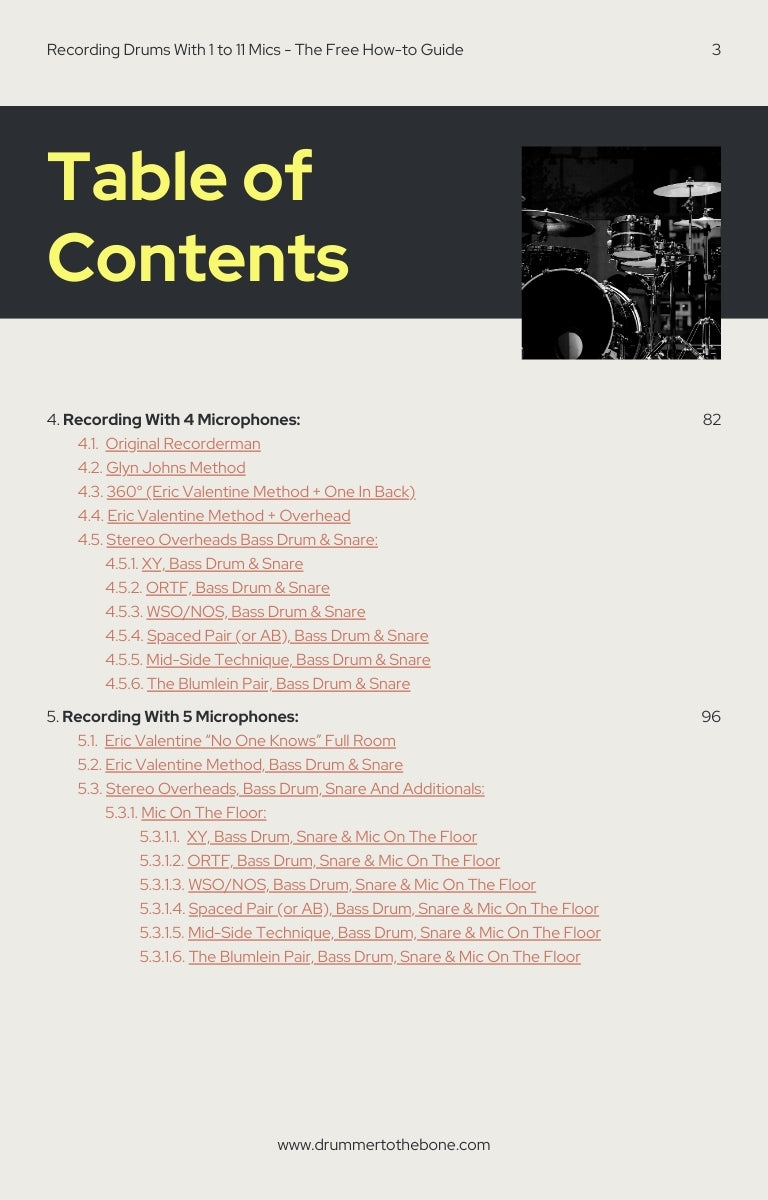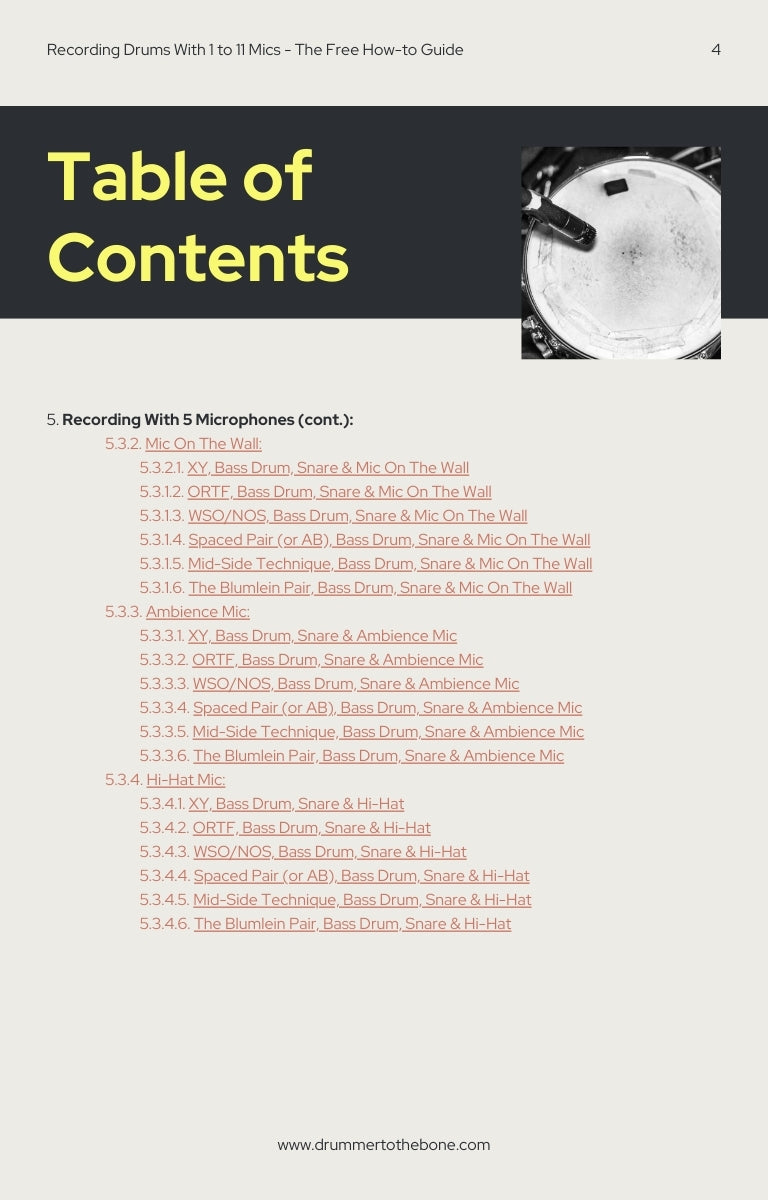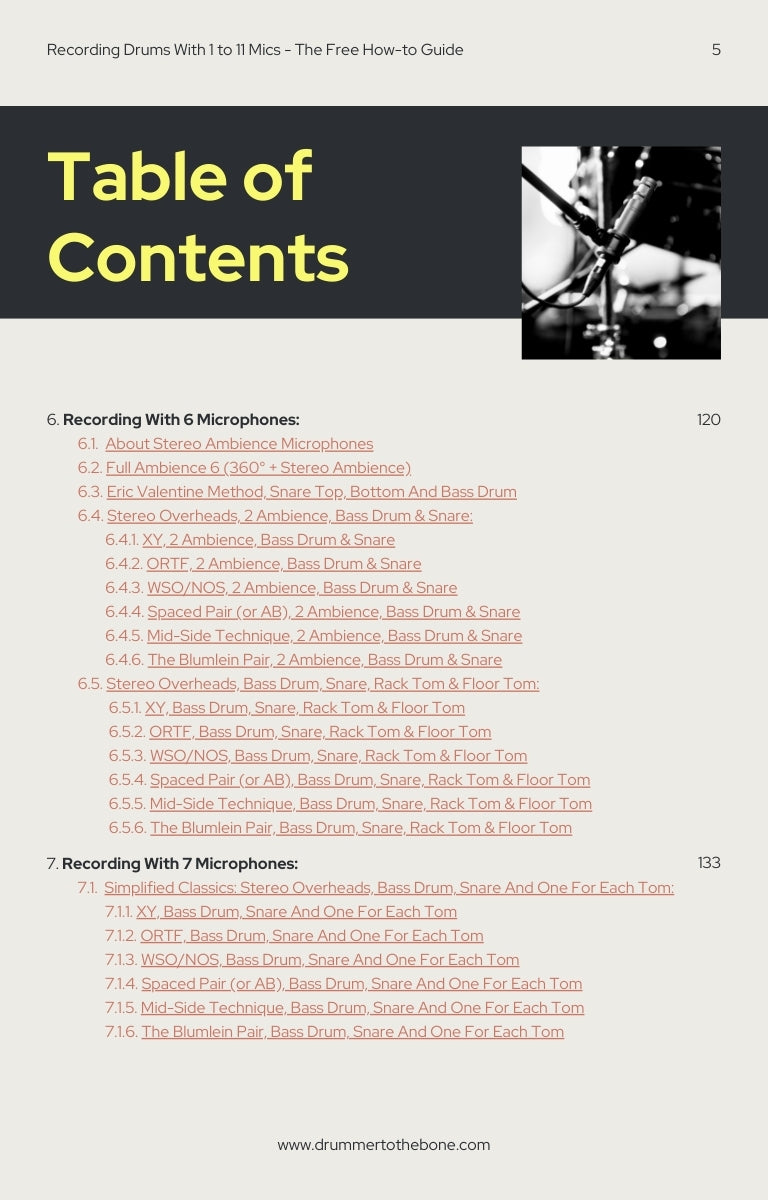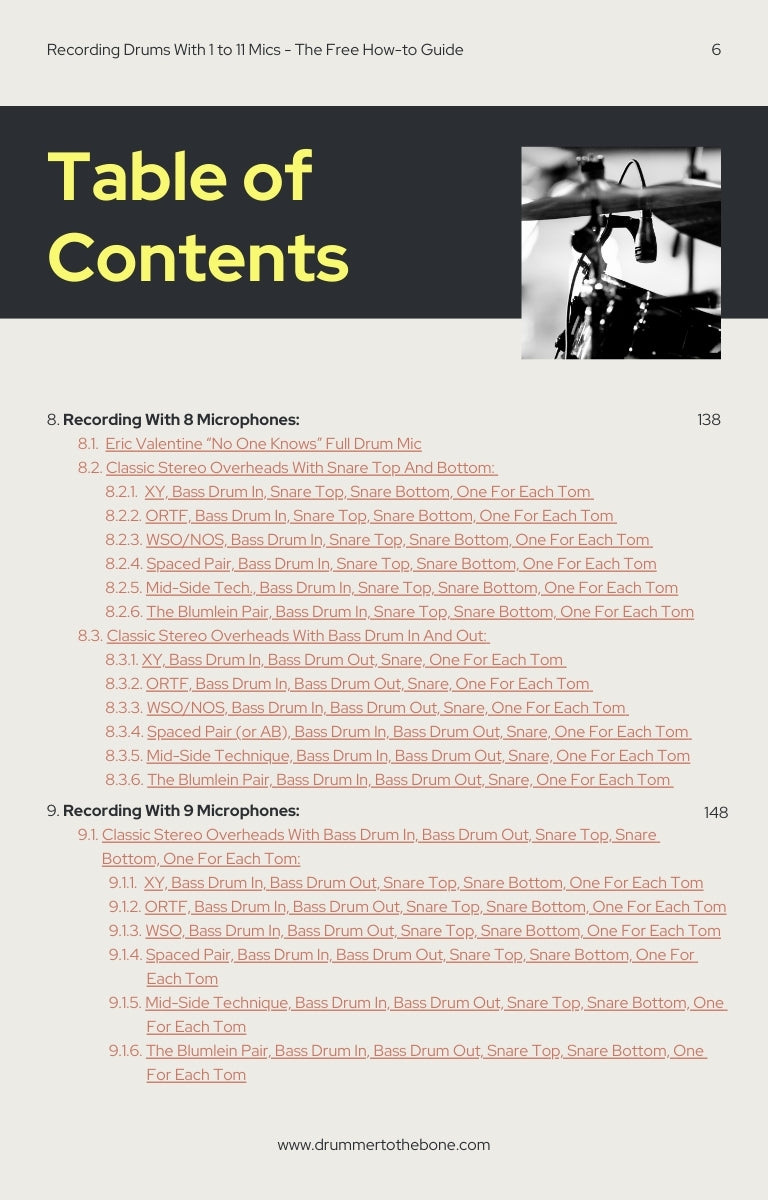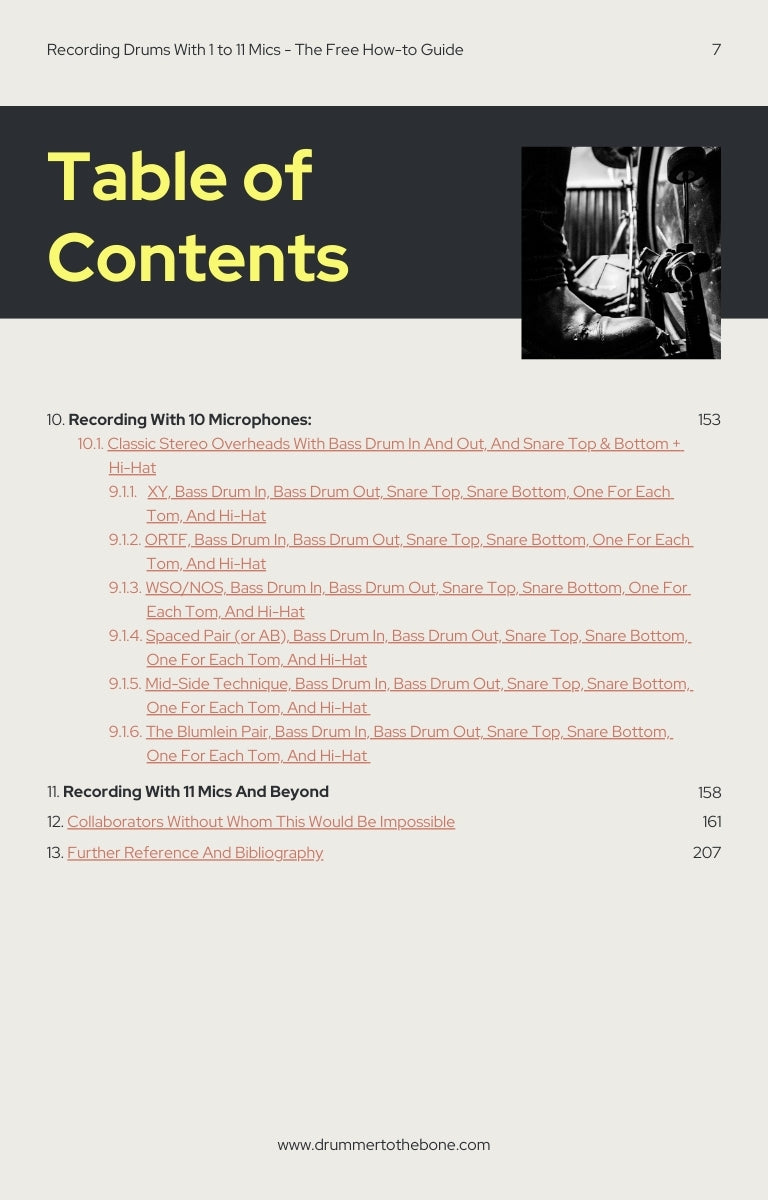
Some of you will have to store your drum set in very cold basements of garages, or even have the odd gig outdoors. What is advisable and what not to do in these situations? What should you do?
To answer these questions, we created a basic Frequently Asked Questions for drummers in winter.
1) What happens if I play the drums in very cold conditions?
Playing drums in very cold conditions can potentially cause damage. The drumheads might become more brittle and prone to cracking. Similarly, the wood of the drum shell can contract, making it more susceptible to warping or cracking.
For cymbals, very cold conditions can make it more brittle and susceptible to cracking or damage. Cold temperatures can alter the metal's properties, and striking the cymbal while it's cold can increase the risk of it getting damaged.
For both drums and cymbals, It's advisable to let them gradually come to room temperature before playing it to minimize risks. It's advisable to play the drums in a more temperate environment.
If you must play in the cold, give the drums time to acclimate to the cold temperature before playing to minimize potential damage.
2) Can drums be stored in the cold?

Storing drums in the cold for an extended period isn't recommended. Cold temperatures can affect the wood, hardware, and the drumheads. The wood might contract, potentially causing warping or cracking, and the drumheads can become brittle. Cold can also affect the metal parts of the drum, such as lugs and rims, potentially leading to rust or corrosion, especially if there's condensation as a result of temperature changes.
If you must store drums in a cold environment, it's crucial to ensure a stable temperature and humidity level, and to acclimate the drums gradually when moving them to different environments. However, the best practice is to store drums in a climate-controlled environment where temperature and humidity are kept consistent and within a safe range for the instruments.
3) Can cymbals be stored in the cold?

Yes, you can store cymbals in the cold, but it's not recommended for long periods because extreme temperatures can potentially cause damage or warping.
Also, if stored in a cold environment where they might be exposed to moisture (like a damp basement or garage), they are at a higher risk of developing rust or tarnish.
Some cymbals have coatings or finishes that might be more sensitive to temperature changes. Cold temperatures could potentially affect these finishes, leading to cosmetic damage.
In general, cymbals are hardier than many other musical instruments when it comes to temperature changes, but it's still best to store them in a stable, controlled environment to maintain their condition and longevity. Regular cleaning and proper storage can help mitigate potential damage from cold conditions.
Always store them in a dry place to avoid moisture buildup, which can lead to rusting. It's best to store cymbals in a temperature-controlled environment if possible.















































